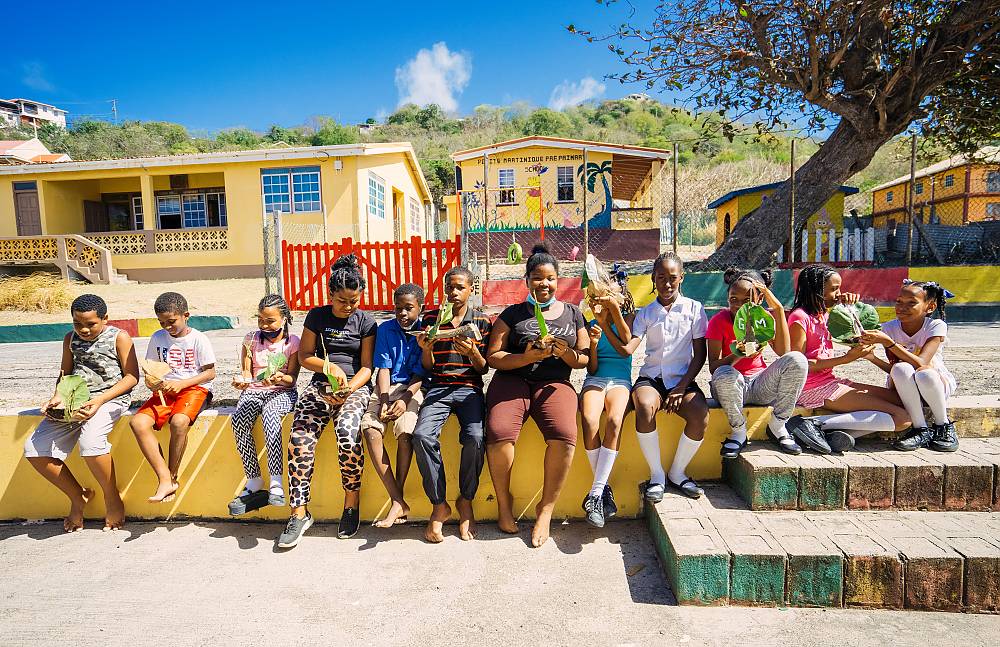During this year’s session in Kasane, Republic of Botswana, the Intergovernmental Committee for the Safeguarding of the Intangible Cultural Heritage inscribed 6 elements on the List of Intangible Cultural Heritage in Need of Urgent Safeguarding, and 45 elements on the Representative List of the Intangible Cultural Heritage of Humanity.
Members of the Committee, chaired by H.E. Mr Mustaq Moorad, Ambassador and Permanent Delegate of the Republic of Botswana to UNESCO, allotted a total of USD$321,339 as part of the International Assistance mechanism to one project to further safeguard living heritage titled Awareness raising on the importance of the UNESCO 2003 Convention for the Safeguarding of the Intangible Cultural Heritage among traditional leadership and local communities in Zimbabwe.
The committee also selected 4 programmes for the Register of Good Safeguarding Practices, including ICH safeguarding practices program for the cultural and ecologic Sea Turtle Festival of Armila in Panama, Nyckelharpa network, an innovative dissemination of a music and instrument-building tradition with roots in Sweden, Program for the safeguarding of the Bandos and Parrandas of the Holy Innocents of Caucagua: nuclei of initiation and transmission of wisdoms and community councils in Venezuela (Bolivarian Republic of), and, Safeguarding foster care heritage in the merciful city of Geel: a community-based care model in Belgium.
Amongst the multinational files submitted this year, the Committee inscribed the case of Midwifery: knowledge, skills and practices, submitted by Colombia, Cyprus, Germany, Kyrgyzstan, Luxembourg, Nigeria, Slovenia, and, Togo. This practice is central to this year’s cycle of nominations, which is themed around the family circle, emphasizing the importance of the family unit in the transmission and the safeguarding of living heritage.
UNESCO’s Intangible Cultural Heritage Lists now feature 693 elements corresponding to 140 countries, and the Register now features 37 practises corresponding to 31 countries.
Meeting:
-
18th session of the Intergovernmental Committee (5 December 2023 – 8 December 2023)
